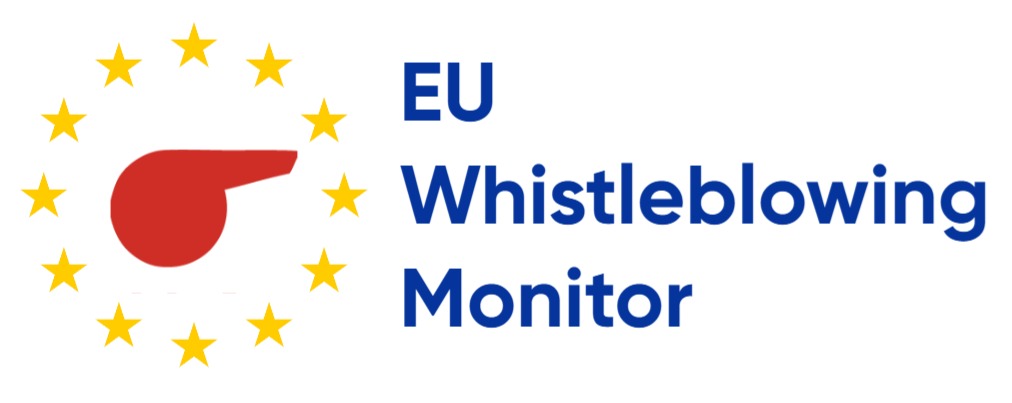Author: Marta Kozak-Maśnicka
Long awaited legislation finally arrives
Poland is the last of the 27 EU Member States to adopt whistleblowing legislation to transpose the EU Directive on Whistleblowing. On 14th June this year, almost 2 and a half years since the official deadline for full transposition, the Act on the Protection of Whistleblowers was adopted by Parliament. The new law will enter into force on 25 September with some provisions for external reporting due to enter into force later, on 25 December 2024.
The Act adoption follows an intense legislation battle which lasted two and a half years and despite the Bills very long preparation time, the final law is not fine-tuned, creating several causes key areas for concern.
Read more: Poland’s Whistleblowing Law: A Chaotic Journey to Compliance’ (Blog – EWI)
Such delays resulted in the EU Commission making a referral to the European Court of Justice, which subsequently imposed financial penalties on Poland including a lump sum of €7 million and a daily fine of €40,000 until compliance is achieved.
Unprotected workers: Labour law loophole
Firstly, labour law breaches have been excluded from the material scope of the Act – that is, the types of wrongdoing which can be reported. Employer representatives who lobbied for this change argued that violations of labour law should be reported to the Polish Labour State Inspectorate and that whistleblowing law should concern public interest, not personal matters. Exclusion breaches of labour law from the scope of the Act were intended to protect entities from a flood of reports regarding insignificant matters. However, this amendment may leave persons reporting serious violations like breaches of health and safety rules unprotected.
Identity protection safeguards compromised
Secondly, the legislator does not take sufficient care of the protection of whistleblowers’ identity – one of the key mechanisms guaranteeing protection of reporting persons against reprisals. The Act does not defer the obligation to fulfil Article 14 GDPR according to which a data controller has to provide a data subject with the information about processing of his or her personal data in connection with a whistleblowing report. Consequently, the person concerned in the report may try to influence proceedings following the report and potentially obtain information allowing them to guess who a whistleblower is, which raises the risk of retaliation. Furthermore, reporting persons must provide a contact address for effective follow-up and feedback. This likely means that, anonymous reports (which are allowed by the Act) may remain unaddressed.
Whose responsible? Ambiguous public authority duties
Thirdly, there is no list of the public institutions obligated to establish external reporting procedures and follow-up on reports. The definition of a public authority that should implement external whistleblowing procedures is vague. Therefore, potentially none of the public authorities will feel competent to receive reports. Even an ombudsman, who can receive and forward external reports to the authorities responsible for the type of wrongdoing reported, may not be considered qualified to resolve competence disputes.
Deterrent deficit: Penalties too lenient
Finally, one of the main disadvantages of the Act is that no effectively dissuasive penalties for legal entities for failing to implement reporting channels have been included. A fine for those responsible for establishing an internal procedure (e.g. members of the board of directors) is insufficient to ensure that whistleblowing mechanisms are effectively implemented in all entities with more than 50 workers.
Progressive element? Exceeding minimums
On a more positive note, the Act established higher standards than the minimum standards of the Directive e.g. by deciding to cover a wide scope of persons that can report violations. Moreover, the Ombudsman may play a crucial role in providing information and advice for whistleblowers and other persons concerned.
Conclusion – much to review
While the new whistleblowing law marks progress in protecting whistleblowers in Poland, significant improvements are still needed to ensure comprehensive protection and effective implementation. As the law will be reviewed in two years, there is a vital opportunity for stakeholders to address these shortcomings and enhance the effectiveness of Poland’s whistleblowing framework. Only through continued refinement and commitment to robust protections can Poland achieve full compliance with the EU Directive and create a safer environment for those who expose wrongdoing.
Marta Kozak-Maśnicka is a polish Lawyer, country editor for Poland the EU Whistleblowing Monitor, a PhD candidate at the University of Warsaw and also a fellow at the European Whistleblowing Institute.
